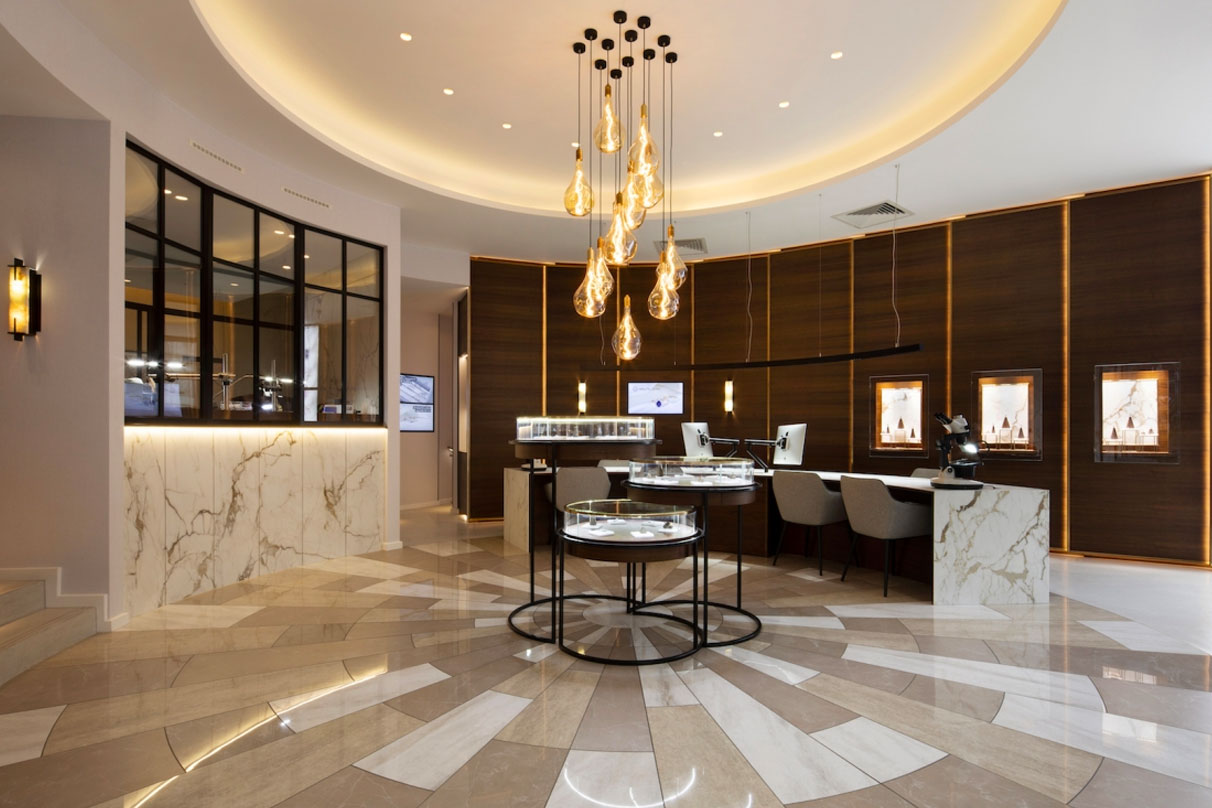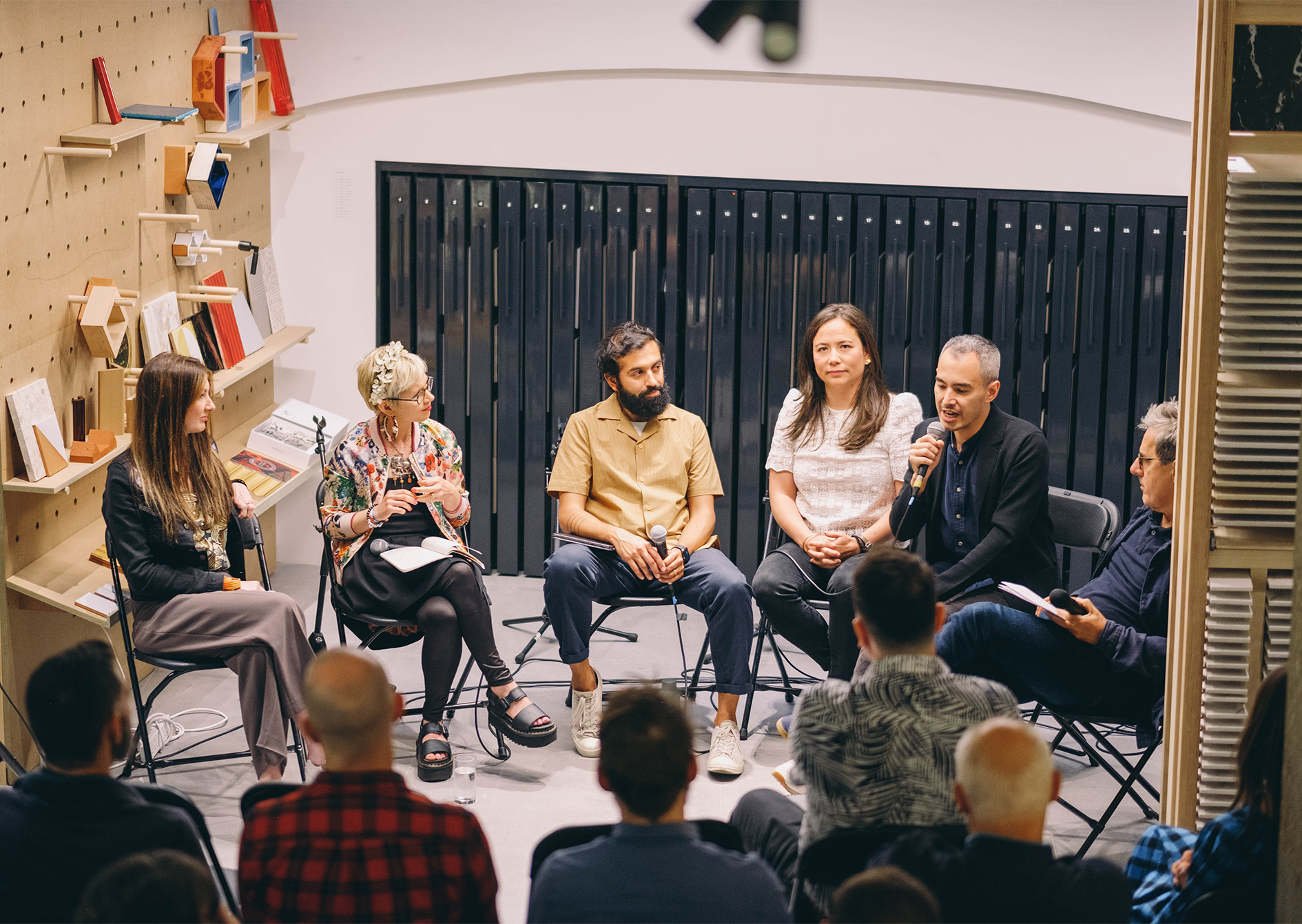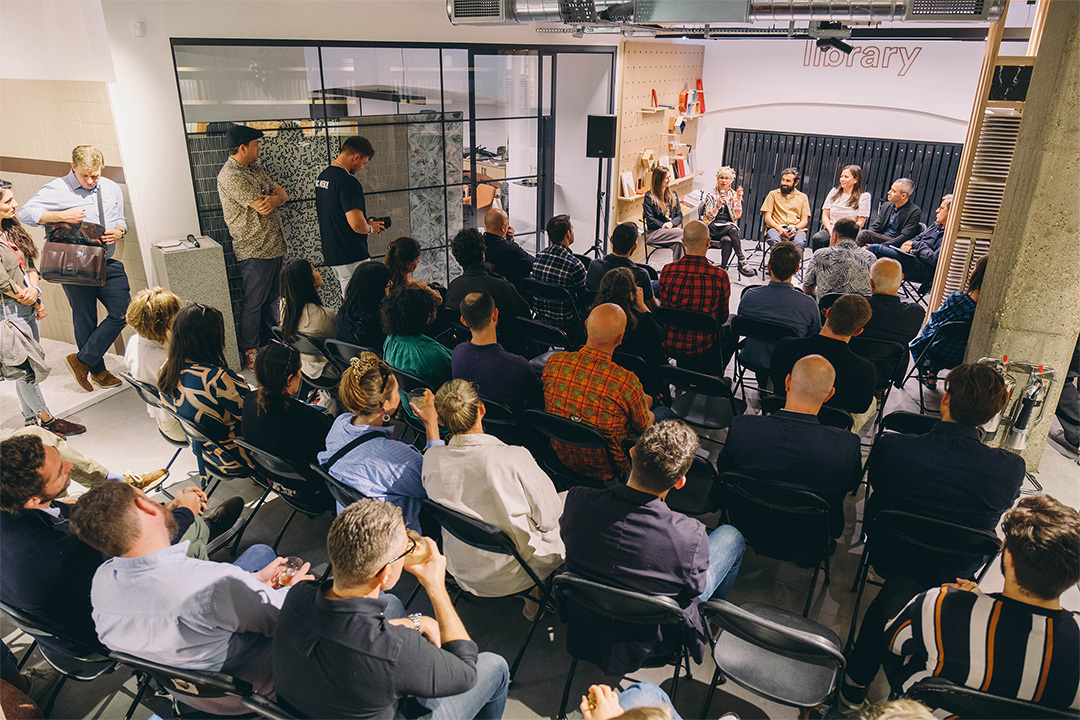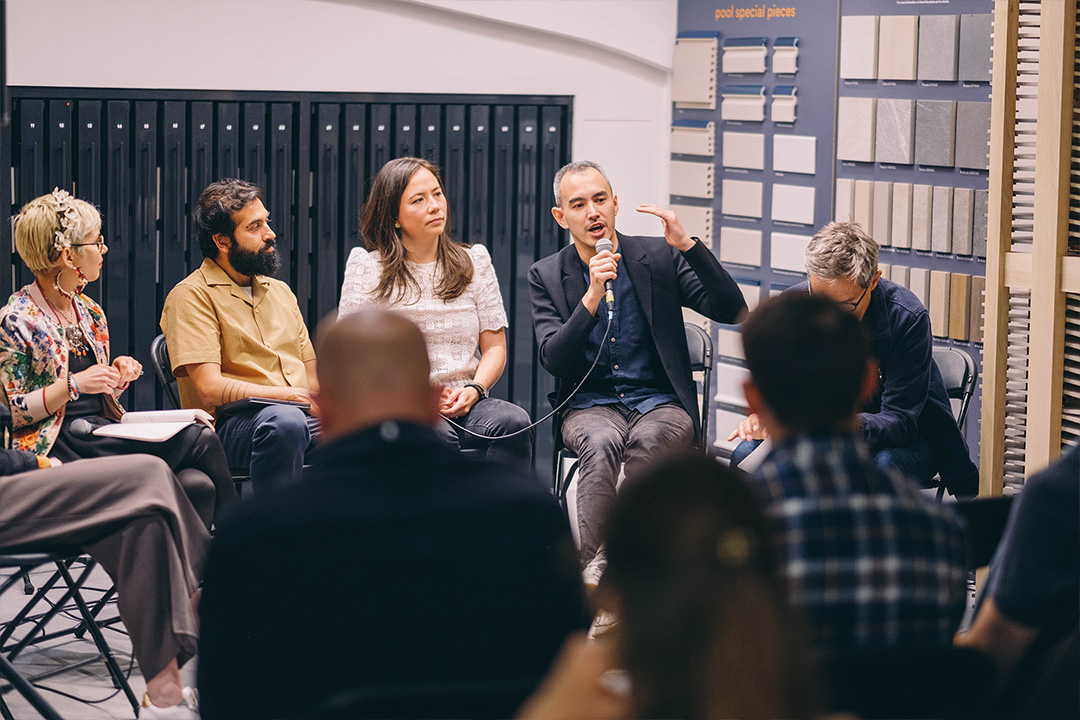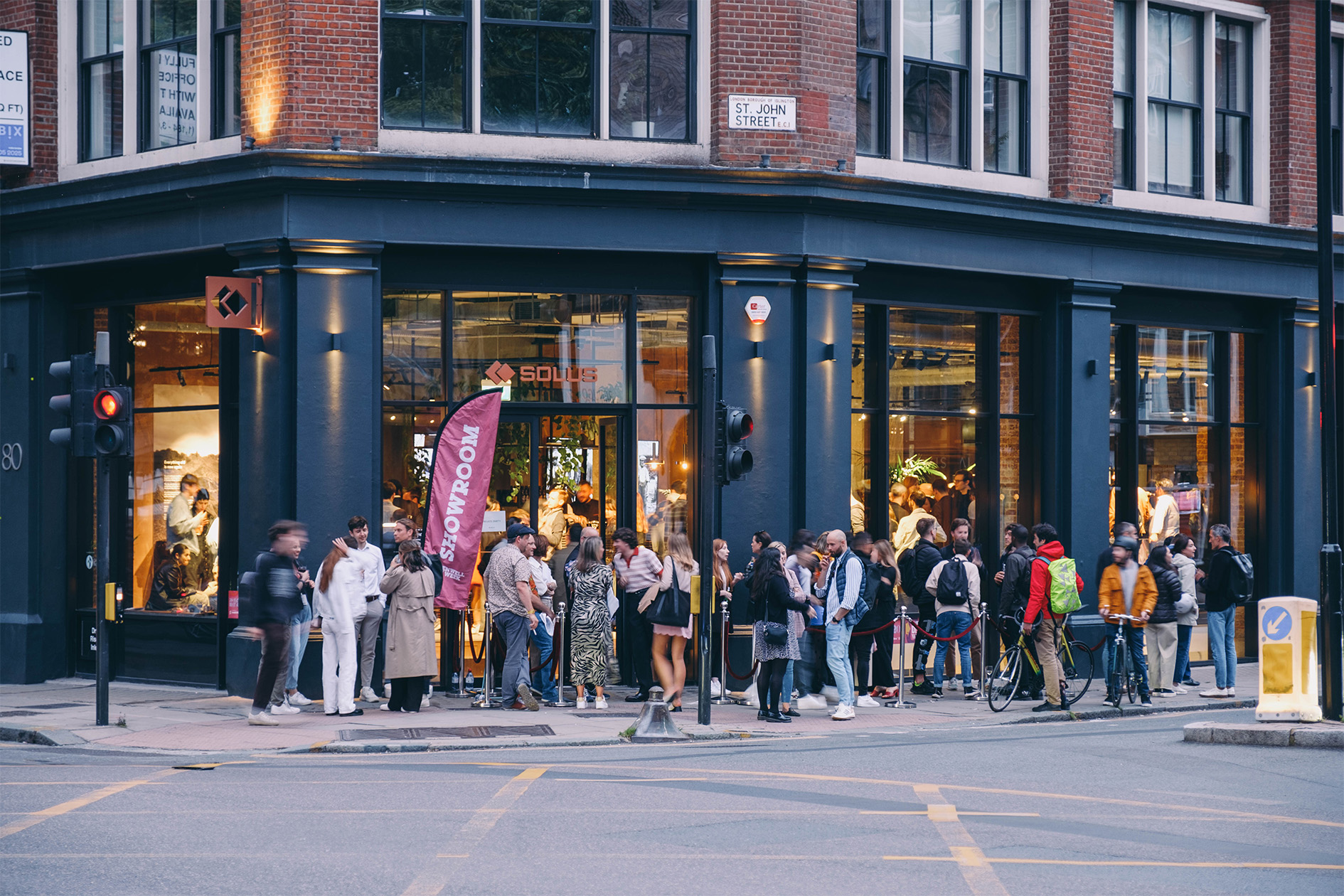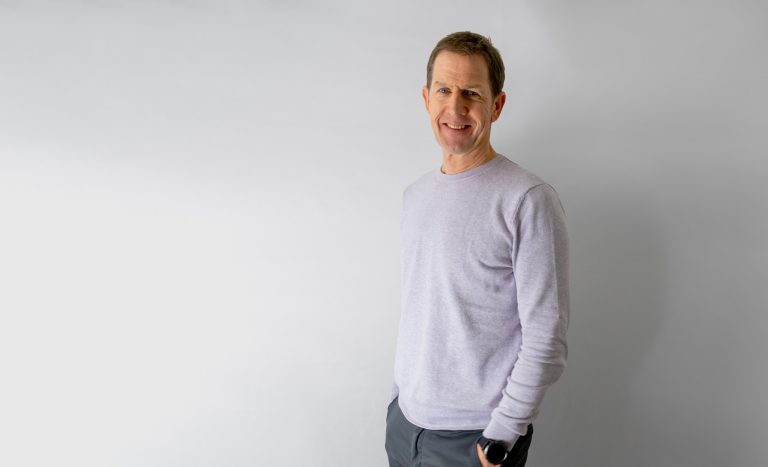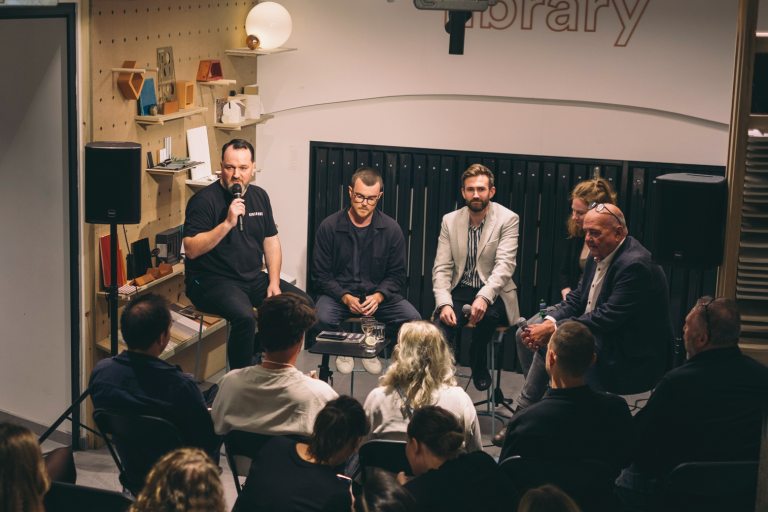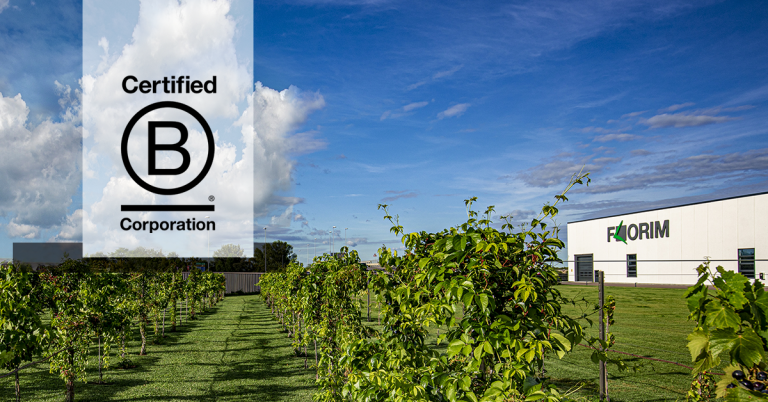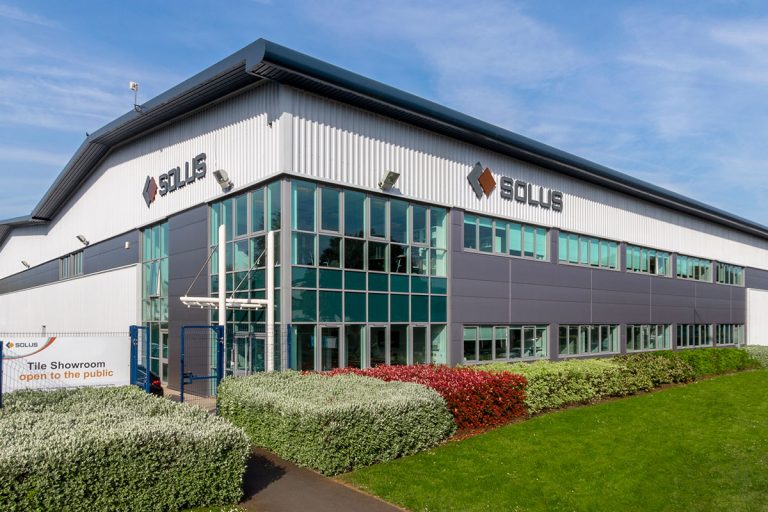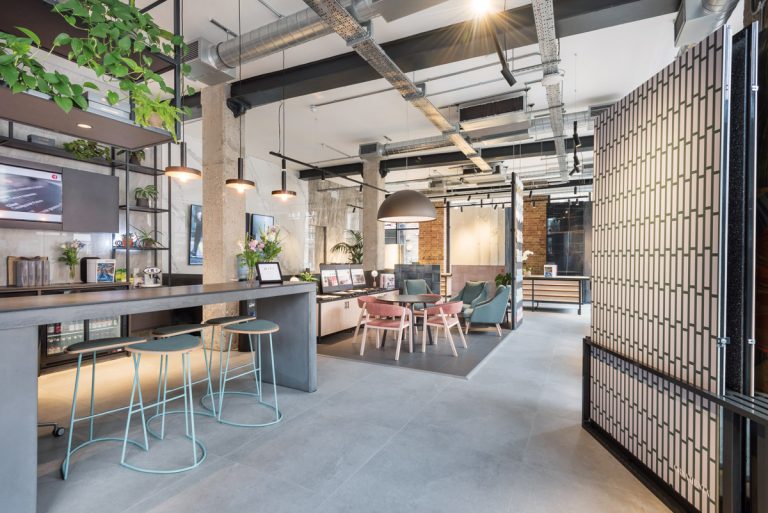During Clerkenwell design week, we held a panel discussion on the theme of “Leading with Purpose”.
As the impact of the climate crisis becomes more severe, the global marketplace encounters existential challenges, and attitudes towards labour shift, leading with purpose, integrity, and intent is critical.
For our business, this means examining our operation against a sustainability framework; most recently, that has been the B Corp certification. Some of the panellists ran B Corp certified businesses, others were in the process of applying. A representative from B Lab UK was present and the discussion was chaired by celebrated architect, Mike Stiff.
We were delighted to learn more about the certification process, its challenges, and rewards.
The panel in detail:
Sam Dent – a Director from B Corp certified House of Hackney, an interiors, fashion, and design brand that adheres to three principles: creativity with purpose, integrity in their actions, and compassion for the planet and people.
Deepak Parmar – the Design Director at MCM Architecture, a purpose driven design consultancy. Deepak has worked with leading global clients to shape positive and healthy work experiences for their employees. He also led MCM to becoming B Corp certified.
Kerry Lemon – a site-specific Artist who is driven by current scientific research to connect audiences to nature. She is also committed to sustainable practices and empowering womxn.
Marie Carlisle – the CEO of bespoke furniture maker and social enterprise, Goldfinger. Marie has led the Goldfinger team since 2017 to become a respected social enterprise that has won the support of Hermès, John Lewis, and Tom Dixon.
Kyle Soo – Partnerships Manager at B Lab UK. With a background in social innovation, service design and criminal law, as well as a practice as a Lego Serious Play Facilitator, Kyle combines these experiences to support people and organisations in being forces for good.
